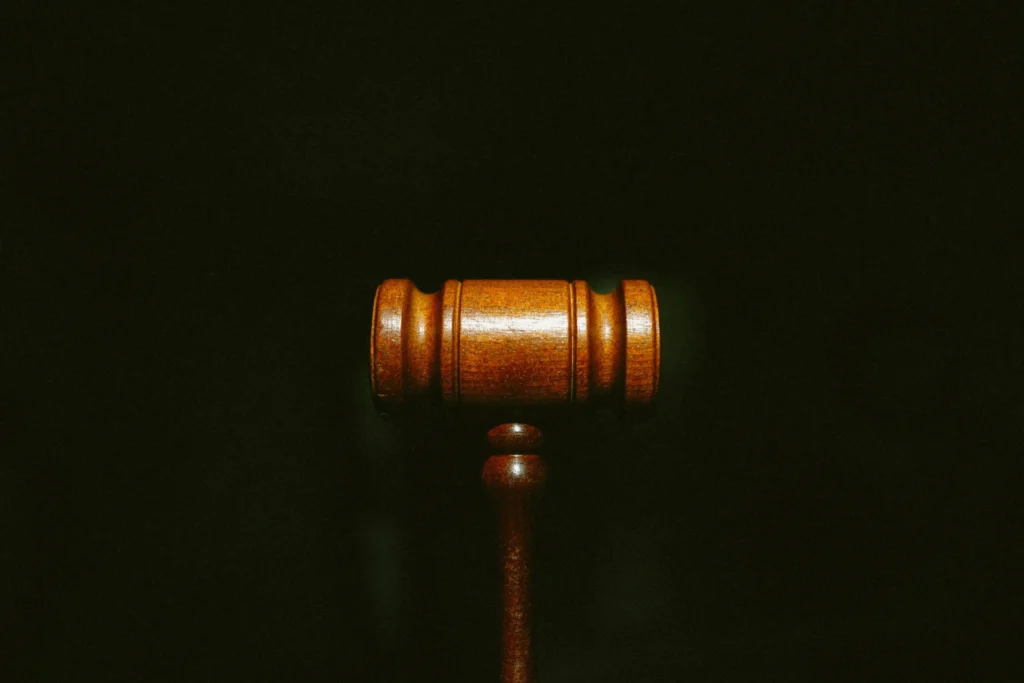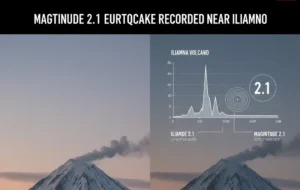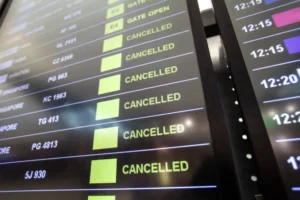On the final day of Alaska’s legislative session, Speaker Bryce Edgmon introduced a bill to ban sulfide mining in Bristol Bay. The proposal, House Bill 233, builds on the Environmental Protection Agency’s 2023 decision to block the controversial Pebble Mine project. The EPA used a rarely applied Clean Water Act provision to halt any permits for the mine near salmon-rich waters.
Edgmon’s bill would outlaw all hard-rock mining within the Bristol Bay Fisheries Reserve, extending earlier protections. Established in 1972 to block oil and gas development, the reserve was championed by Jay Hammond, who later became governor. The same logic protects the region from metallic sulfide mining threats.
Hard-rock mining, which extracts gold and copper from sulfide ore, poses significant environmental risks due to acid drainage. The Pebble Mine’s planned extraction relied on this mining method, raising concerns among Alaska Natives and environmental groups. The bill would prevent such operations from threatening Bristol Bay’s rivers, aquifers, and salmon habitats.
Alannah Hurley of United Tribes of Bristol Bay praised the bill for reinforcing federal protections currently facing legal challenges. Alaska’s government is also suing the EPA under the direction of Governor Mike Dunleavy.
Hurley noted that over 20 other mining claims exist in the region and could develop into future threats. Previous legislative attempts to restrict mining in the region failed. Representative Andy Josephson, who introduced similar measures in 2015 and 2017, supports Edgmon’s new bill.
While Governor Dunleavy has yet to take a stance, tribes are shifting focus to state lawmakers after losing federal ally Mary Peltola. If passed, House Bill 233 would strengthen the ban on sulfide mining in Bristol Bay and shield one of the world’s richest salmon fisheries.











